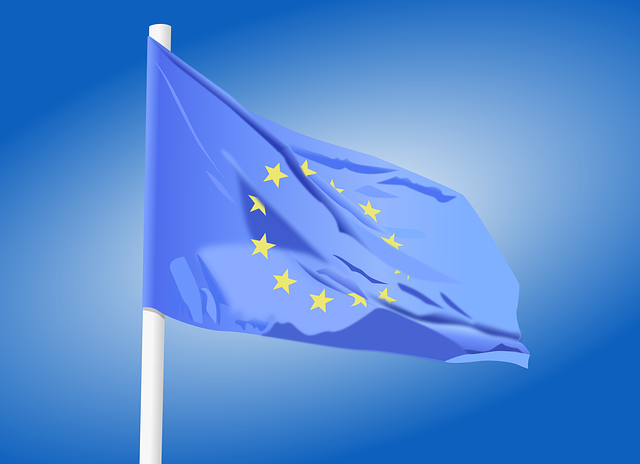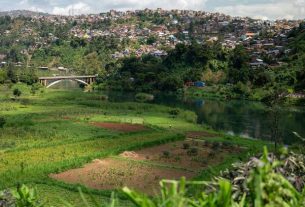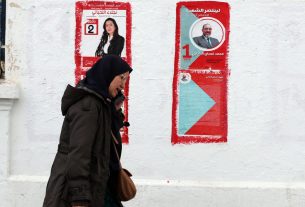High-ranking officials from the European Union (EU) have expressed strong support for a newly brokered ceasefire agreement between Israel and Hamas, calling it a critical step towards alleviating the ongoing conflict in Gaza.
European Commission President Ursula von der Leyen took to social media to highlight the significance of the deal, noting that it provides “hope to the entire region” after years of suffering. She stressed the importance of both parties fully adhering to the terms, viewing it as an essential step toward long-term stability and a peaceful resolution to the conflict.
EU High Representative for Foreign Affairs and Security Policy, Kaja Kallas, echoed these sentiments, calling the agreement a “positive breakthrough” in halting the violence that has escalated since October 2023.
The ceasefire arrangement, announced by Qatar on January 15, 2025, includes an exchange of hostages and prisoners. Hamas has agreed to release 33 hostages in the first phase of the deal, which will unfold over six weeks. In return, Israel will release approximately 1,000 Palestinian prisoners, some of whom have been detained for years. The agreement’s implementation is set to begin on Sunday, January 19, 2025, with further details on subsequent phases to be disclosed after the first phase concludes.
This ceasefire represents a crucial development in a conflict that has lasted for 15 months, since Hamas’s initial attack on Israel in October 2023, which led to the capture of over 250 hostages. While the agreement brings a temporary halt to the violence, unresolved issues remain, according to Israeli Prime Minister Benjamin Netanyahu, who indicated that final clarifications were still being worked out as of January 15.
The successful execution of the ceasefire has the potential to not only provide relief to those directly affected by the ongoing war but also offer a pathway toward a more lasting peace, contingent upon further diplomatic negotiations.
This development follows intensive mediation efforts, primarily by Qatar, and marks a significant moment in the protracted Israeli-Palestinian conflict, which continues to shape geopolitics in the Middle East.



